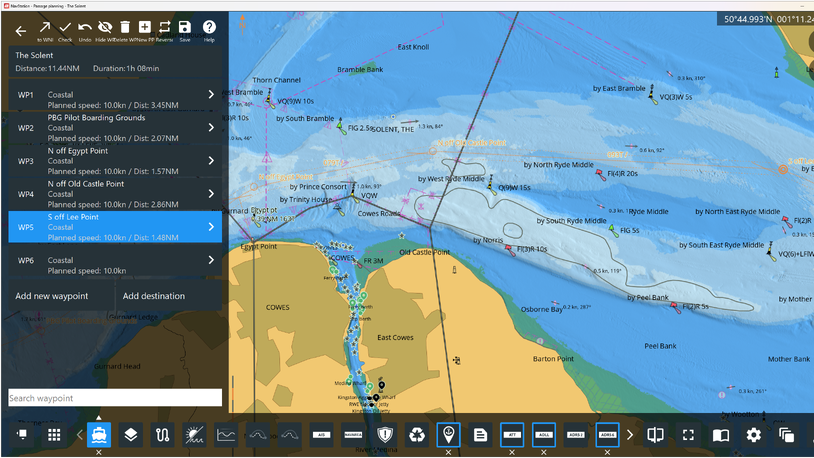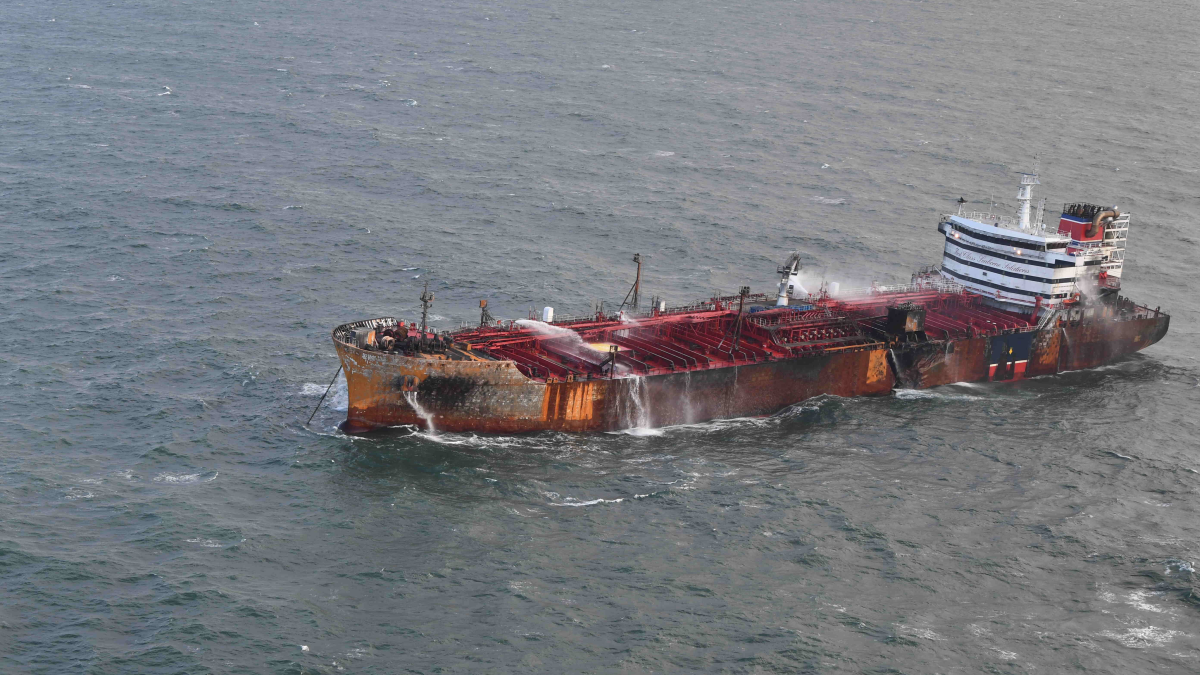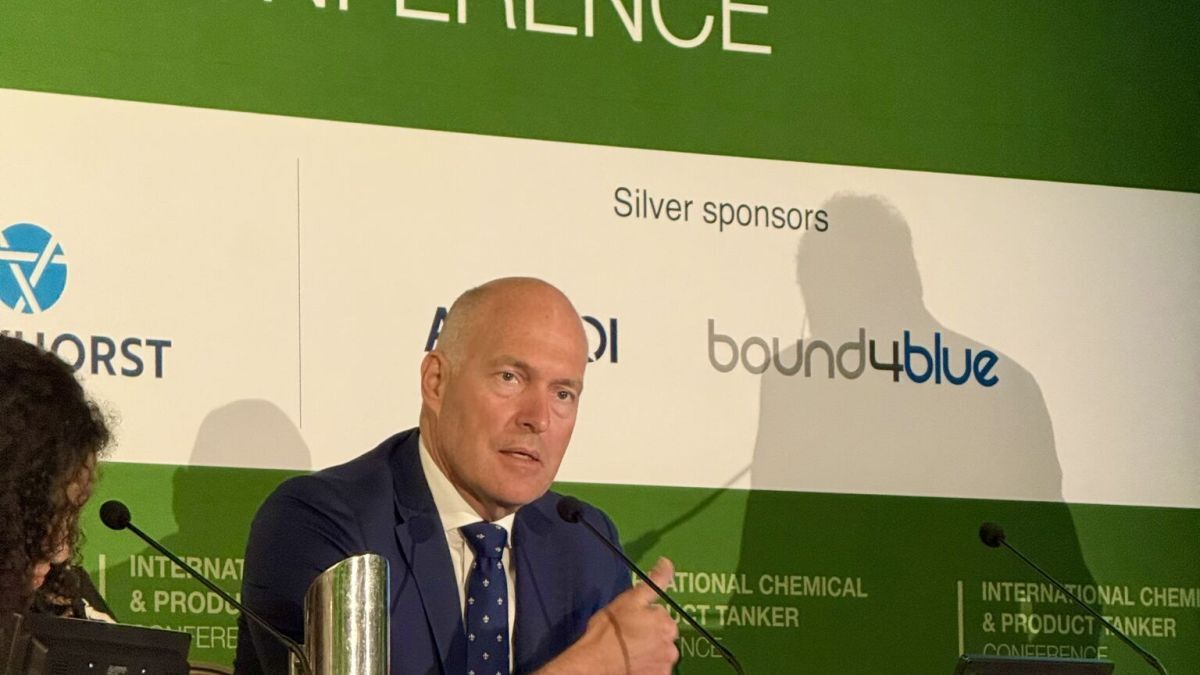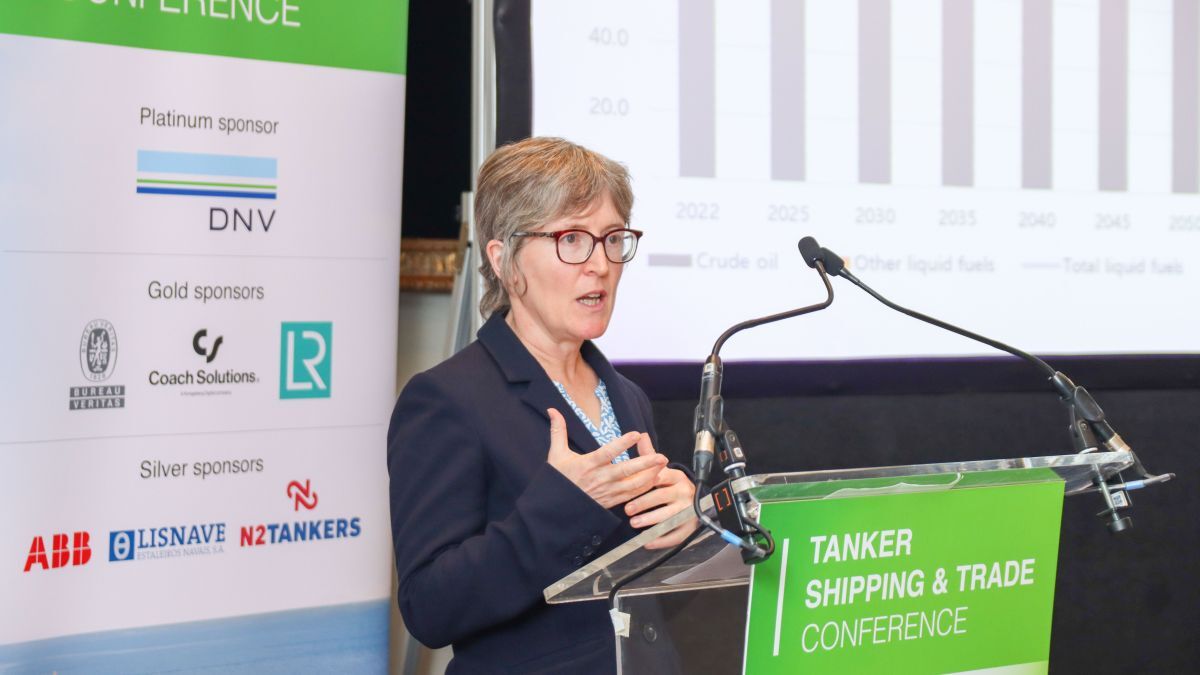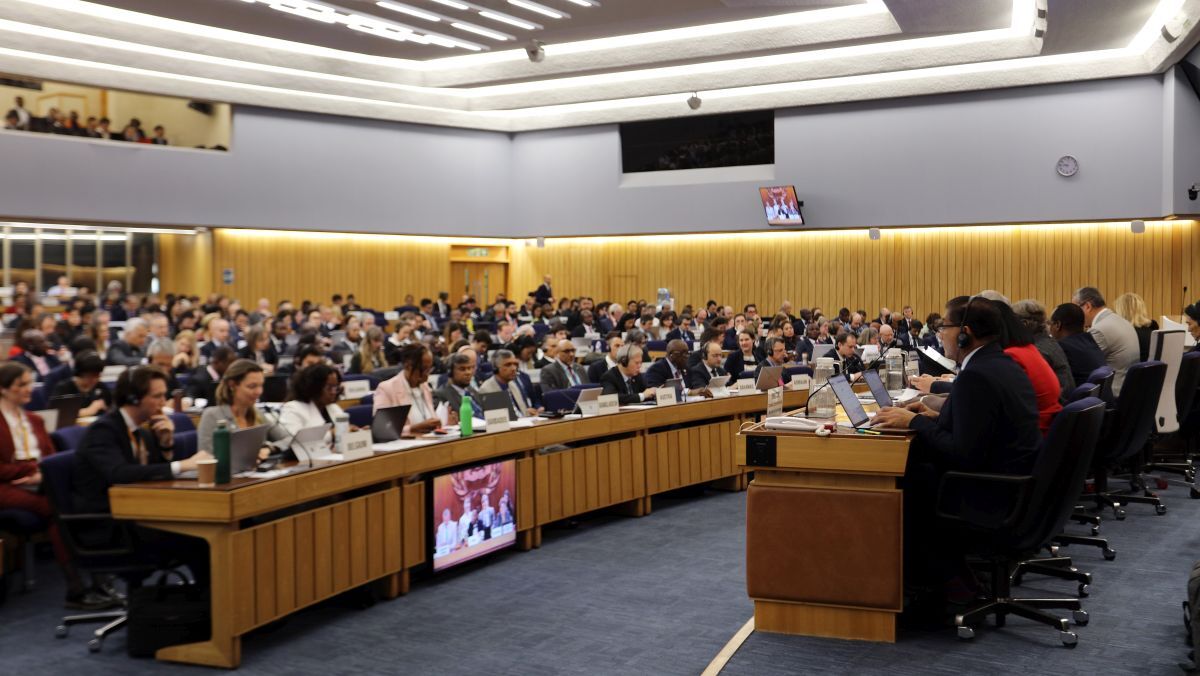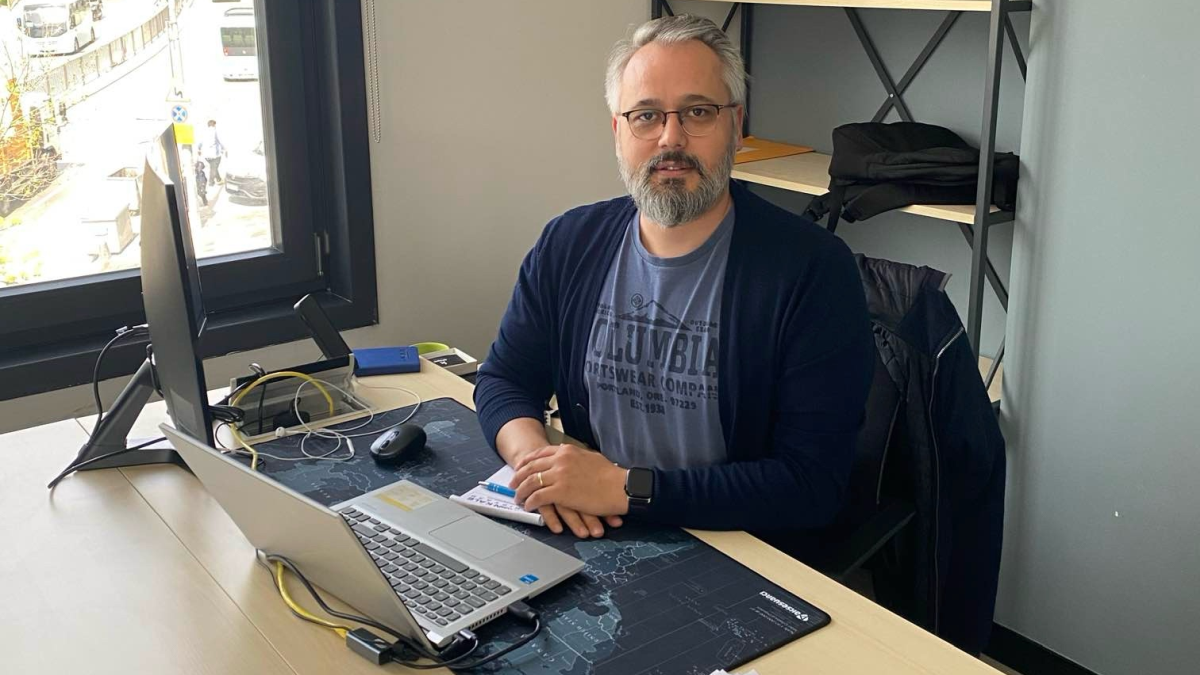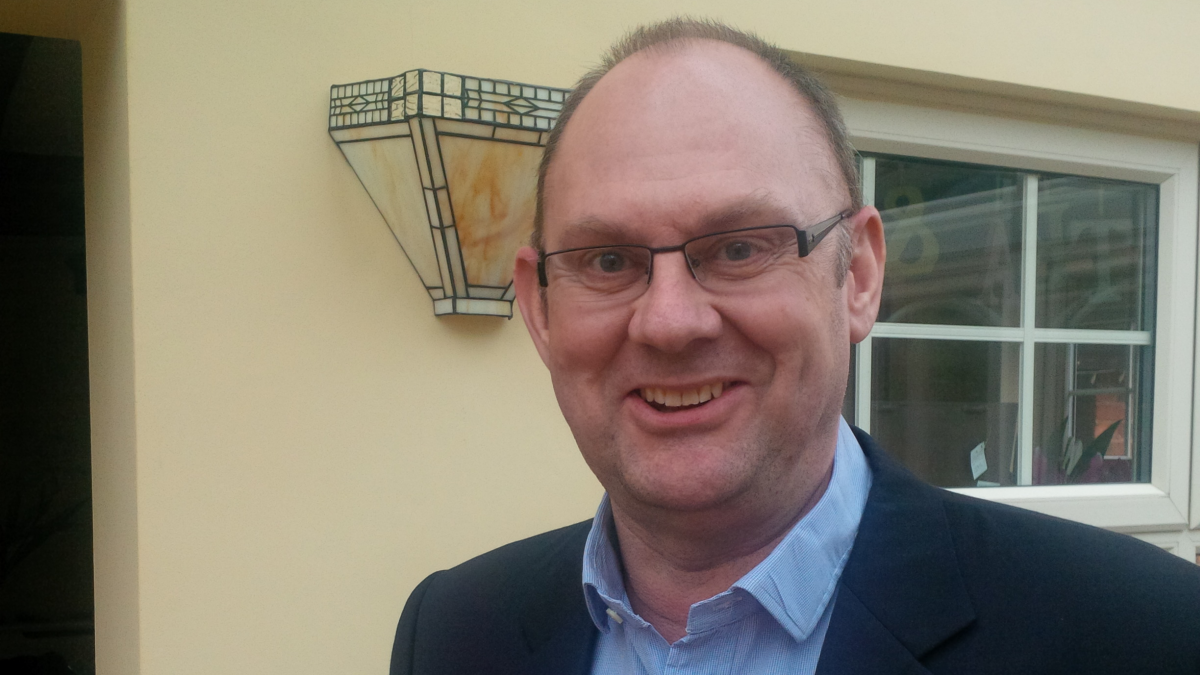Business Sectors
Events
Contents
Register to read more articles.
Sea-Care to combine Inmarsat GMDSS, seafarer data to enhance marine safety
A working group in the UK intends to analyse data from sources covering different aspects of marine operations and communications to improve maritime safety
Members of the Sea-Care working group agreed to share datasets and information, including data from the Global Maritime Distress and Safety System (GMDSS) and from crew welfare surveys, to gain a more complete picture of safety at sea.
This working group is led by industry body Maritime London and Viasat subsidiary Inmarsat Maritime.
At its latest meeting in London, UK in February 2025, the group agreed specific datasets would complement Inmarsat’s GMDSS data to pinpoint the root causes of maritime casualties.
Seafarer surveys and incident reports can enrich findings drawn from Inmarsat’s GMDSS alert data to determine the underlying safety deficiencies behind the consistently high distress call figures. This information will be used to develop a more holistic understanding of maritime safety, members of Sea-Care agreed.
“If we look at safety data as a pyramid, what we report on at the top is the number of distress calls, but when we come down the pyramid, we get to the root causes of those top-level issues,” said Sea-Care co-chair and Inmarsat Maritime vice president of safety and regulations, Peter Broadhurst.
“Using other datasets to derive a more complete picture of what is behind the problems at the top could be key to effecting real change and reducing the frequency of serious incidents at sea.”
Data from the Confidential Human Factors Incident Reporting Programme (CHIRP), which includes reports of incidents and near-misses, could be combined with GMDSS distress alert data and surveys by the International Transport Workers’ Federation (ITF) and the Seafarers Happiness Index to provide invaluable insight into the crew welfare-related issues that may influence the frequency of marine casualties.
“It has long been our ambition to gather more datasets outside of pure GMDSS data to supplement reports and create a more holistic outlook of safety in the maritime sector,” said Sea-Care co-chair and chief executive of Maritime London, Jos Standerwick.
“If we combine the data Inmarsat receives regarding distress calls with information on the nature of casualties from CHIRP and on seafarers’ lived experience from the Seafarers Happiness Index and ITF surveys, it could go a long way to helping us achieve our common goal.”
Maritime London represents maritime professional services in the UK and is funded by companies and organisations from a wide range of disciplines.
Riviera will host a webinar on 9 April 2025 covering various aspects of the Global Maritime Distress and Safety System (GMDSS). Use this link for more information and sign up to the webinar.
Related to this Story
Events
Maritime Environmental Protection Webinar Week
Cyber & Vessel Security Webinar Week
The illusion of safety: what we're getting wrong about crews, tech, and fatigue
Responsible Ship Recycling Forum 2025
© 2024 Riviera Maritime Media Ltd.

